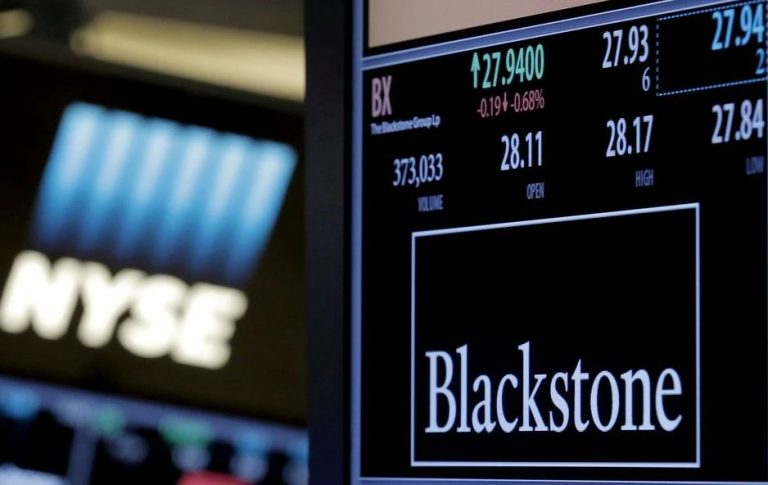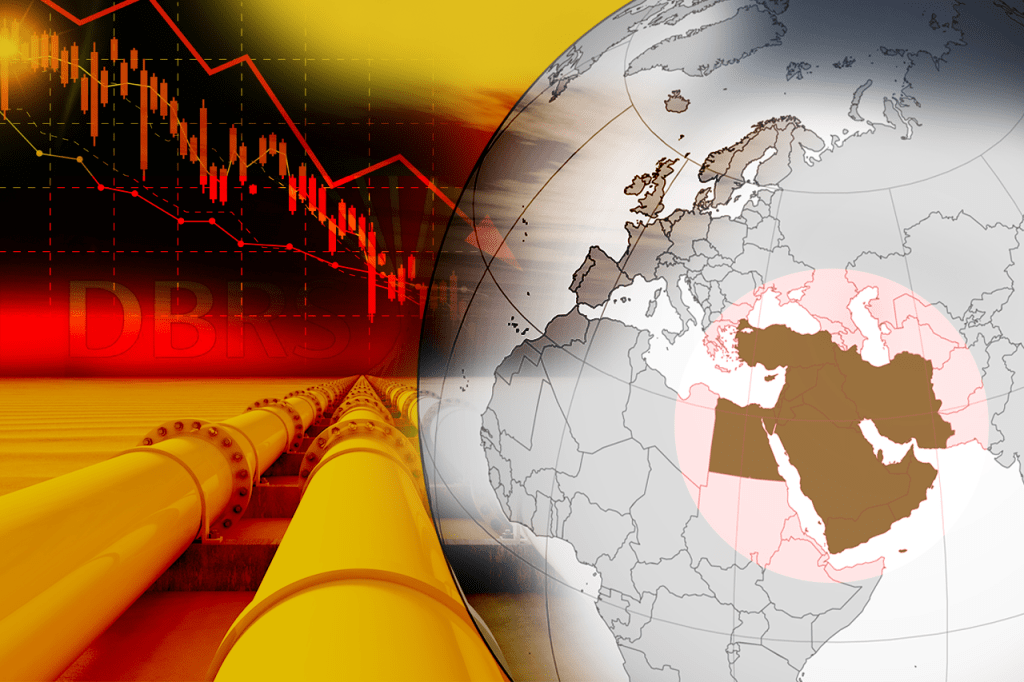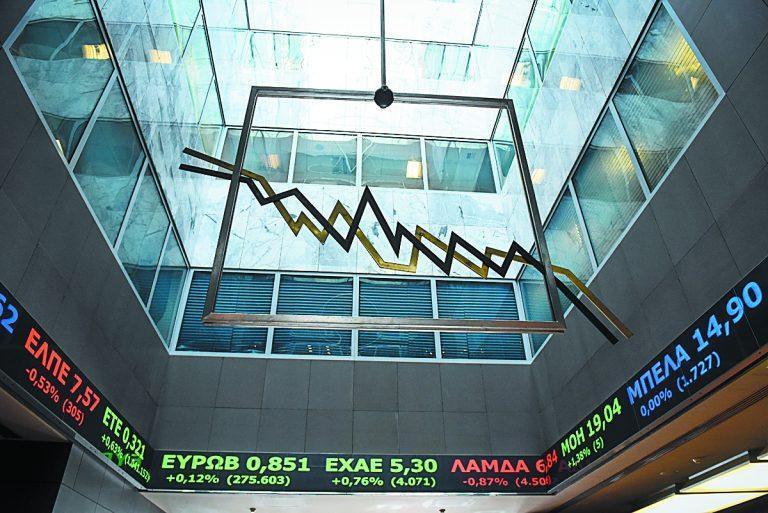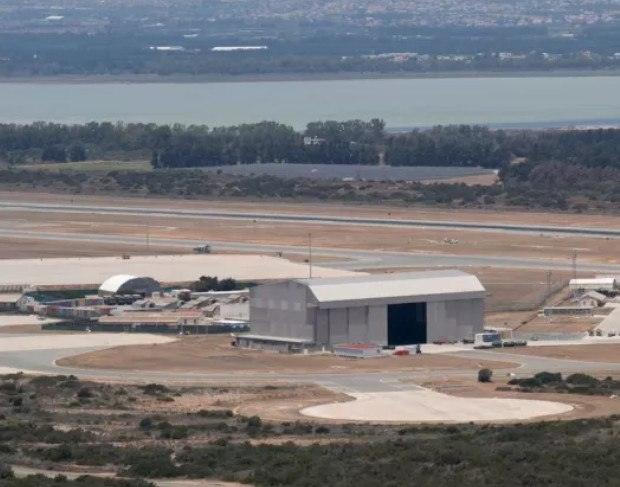The Greek economy is projected to grow by 2.2% in 2025, according to a new analysis released today by the Centre of Planning and Economic Research (KEPE). However, it is important to note that this forecast does not account for the recent rapid developments in the Middle East.
Based on KEPE’s factor model for short-term projections of real Gross Domestic Product (GDP), the average annual growth rate of real GDP for the entire year of 2025 is estimated at 2.2%.
This estimate is based on data available up to the first quarter of 2025 and therefore reflects the economic momentum before the recent escalation of the geopolitical crisis in the Middle East—the evolution and potential impact of which remain uncertain at this stage.
As for private and public consumption, current developments in income levels and a less restrictive fiscal stance are, for the time being, positively influencing the GDP growth rate. However, a key unknown remains the potential impact of energy costs and their consequences for inflation, which could significantly affect these indicators going forward.
As the external environment is expected to remain unstable in the short term, it is clear that the risks surrounding Greece’s economic forecasts for the current year are tilted to the downside. In this context, domestic demand will be called upon to play a critical role in supporting GDP growth at a time when sluggish economic performance across Europe, downgraded prospects for global trade, and ongoing geopolitical instability are limiting the potential for a stronger contribution from exports.
KEPE conducts applied economic research on issues relevant to the Greek economy and supports economic policy-making in Greece, providing the government with studies focusing on key economic and social policy issues.
Source: tovima.com












![Οι αλλαγές στα ψηφιακά στοιχεία διακίνησης αποθεμάτων [Μέρος 6ο]](https://www.ot.gr/wp-content/uploads/2026/03/tax-468440_1280-1024x682-1.jpg)
























